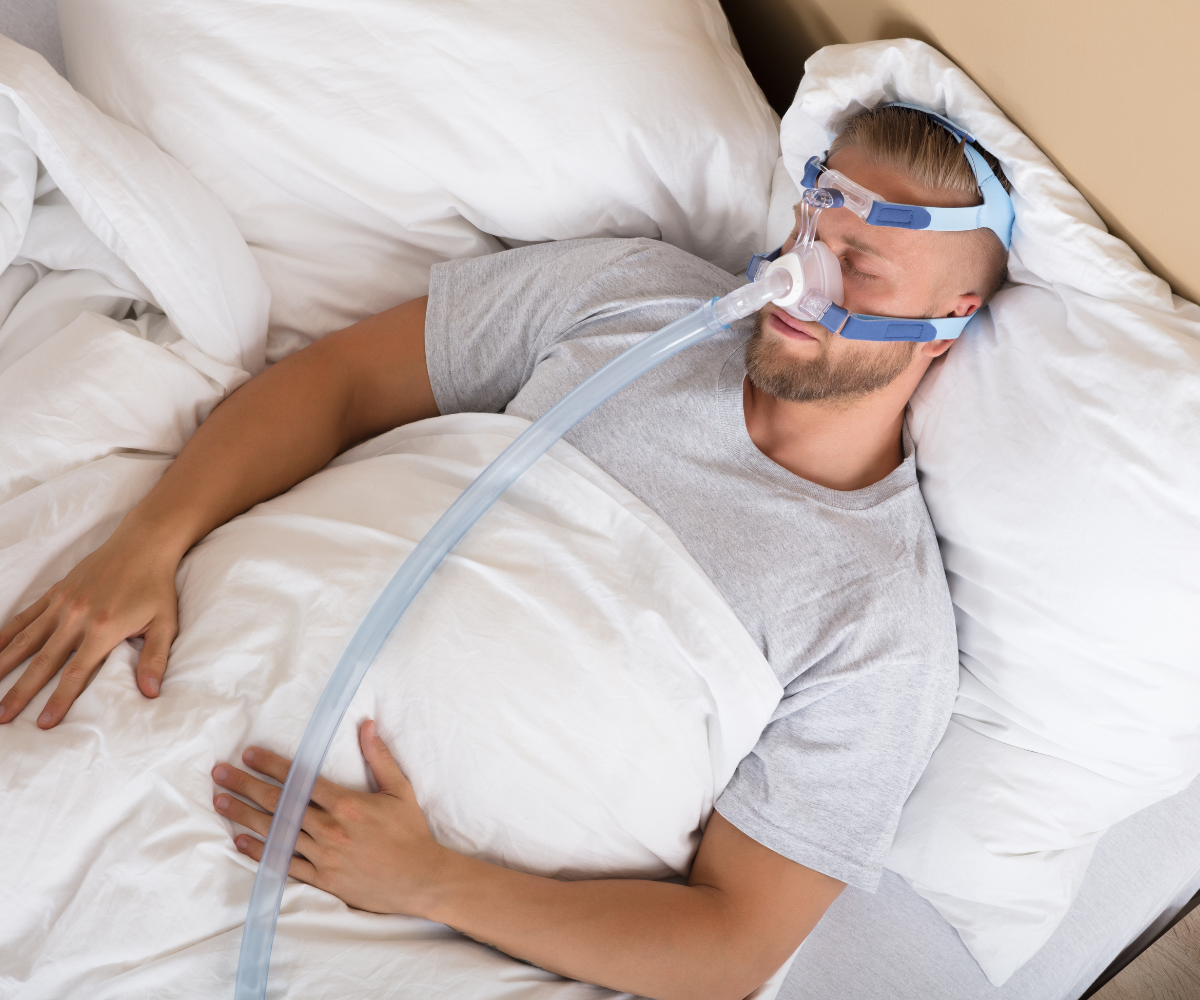The Hidden Health Crisis Behind Behavioral Struggles
Behavioral issues have, for a long, been viewed as simple psychological or social problems, whereas new research throws light on a latent, silent health disorder behind them. Mental health diseases were, for decades, distinguished as independent entities apart from physical health, disregarding major body-and-brain connections.
Older treatments focused mainly on symptoms, not the cause. New science today admits how various behavioral issues are connected to inflammation, nutrition, hormone disorders, and brain disturbances. Growing awareness demands the implementation of physical health treatments to address behavioral and emotional health effectively.
Unveiling these obfuscated health issues allows attenders and experts to provide a full care, addressing causes, not symptoms. Fresh hope now opens through new light for behavioral impediment people and demands a kinder, wiser response.
Observation: Behavioral struggles often have hidden physical causes. Understanding these helps us treat the whole person, not just the behaviors, leading to better healing and support.
Common Behavioral Struggles
Behavioral struggles can take many forms and affect people of all ages. These challenges often impact daily life, relationships, and overall well-being. Understanding common behavioral struggles helps in recognizing when someone might need support.
Some frequent difficulties include:
- Anxiety and excessive worry
- Mood swings and irritability
- Difficulty focusing or hyperactivity
- Social withdrawal or isolation
- Impulsive or risky behavior
- Trouble managing emotions
- Sleep disturbances
These struggles can arise for many reasons, including stress, trauma, or underlying health conditions. They may seem like just behavioral issues on the surface but often signal deeper concerns.
Recognizing these patterns early allows for timely intervention and better outcomes. It’s important to view behavioral struggles with empathy and awareness, knowing they are often complex and connected to various factors. With proper understanding, support, and care, individuals facing these challenges can find pathways to healing and improved quality of life.
Underlying Health Factors
Many behavioral struggles are linked to hidden health issues that affect the brain and body. Conditions such as chronic inflammation, hormonal imbalances, nutrient deficiencies, and neurological disruptions can all contribute to difficulties with mood, focus, and emotional regulation. Sleep disorders like sleep apnea also play a significant role, left untreated, they can severely impact cognitive and emotional well-being. For those affected, treatments like CPAP therapy can be essential in improving sleep quality and supporting overall mental health.
Shore Point Recovery understands that true healing requires addressing both the mental and physical aspects of health. Without Shore Point Recovery, many individuals might receive incomplete care that focuses only on symptoms rather than root causes. This center takes a holistic approach, evaluating physical health alongside behavioral symptoms to create personalized treatment plans.
By identifying and treating the underlying health issues, Shore Point Recovery supports more effective and lasting recovery. This approach helps reduce relapse rates and improves overall well-being. Addressing hidden health factors also empowers individuals to better manage their behaviors and emotions in daily life. Recognizing the connection between body and mind is essential for understanding the complexity of behavioral struggles and developing compassionate, comprehensive care.
Facts: Research shows that chronic inflammation can affect neurotransmitter function, leading to symptoms of anxiety and depression, highlighting the importance of physical health in behavioral treatment.
Impact of Brain Chemistry
Chemistry of the brain plays a role in behavioral struggles through the regulation of mood, attention, and emotional responses. Neurotransmitters, the brain's chemical messengers, aid communication about how neurons talk to one another and have influence over much of mental health.
Holes in these chemicals can lead to symptoms such as anxiety, depression, irritability, or an inability to focus. Genetics, stress, nutrition, and environmental poisons have the ability to disrupt brain chemistry, leaving the brain less balanced. When brain chemistry becomes out of balance, behaviors become unpredictable or hard to control.
By knowing about the role of brain chemistry, we are better equipped to recognize why certain behavioral struggles are not a matter of choice or willpower but rather a product of differing biological systems. Brain-chemistry-related therapies, such as medicine or specialized therapy, can benefit healing by returning chemical balance back to the brain. As an aid to physical health and environmental factors, brain chemistry holds a powerful piece of the puzzle behind understanding and treating behavioral struggles.
By knowing about it, we are better equipped to deliver compassionate care that respects biological foundations of behavior and promote holistic healing for individuals struggling with these difficulties. By appreciating brain-chemistry, we are better equipped to think differently about the mental health and healing, placing a strong emphasis upon comprehensive care.
Role of Environmental Stress
Environmental stress plays a major role in behavioral struggles. Factors like noise, pollution, unstable living conditions, and social pressures can overwhelm the mind and body. This stress affects how the brain functions and can worsen mood, focus, and emotional control. Reducing exposure to harmful environments and learning healthy coping skills are important steps in managing behavioral challenges. Creating a supportive and peaceful space helps the body and mind heal, promoting better balance and well-being.
Addressing the Root Causes
To effectively support individuals facing behavioral struggles, it is essential to address the root causes behind their challenges. Treating symptoms alone may provide temporary relief, but lasting recovery requires understanding and managing the underlying health and environmental factors. A comprehensive approach considers physical, mental, and emotional health alongside external influences.
This process often includes several key steps to promote healing and balance:
- Comprehensive health assessments to identify physical and mental contributors
- Personalized treatment plans tailored to individual needs
- Nutritional support to correct deficiencies and promote brain health
- Stress reduction techniques to minimize environmental impact
- Ongoing therapy and support to develop coping and resilience skills
By focusing on these areas, caregivers and healthcare providers can create more effective programs that address the whole person. This holistic approach improves outcomes by promoting physical healing, emotional regulation, and healthy behavior patterns. It also empowers individuals to understand their challenges and take an active role in their recovery.
Integrating these steps ensures that care is not just reactive but proactive, aiming to prevent future struggles. Addressing root causes helps create a stable foundation for long-term wellness and enhances quality of life for those facing behavioral difficulties. This comprehensive strategy is key to redefining recovery and offering hope for lasting change.
Pathways to Healing and Support
Healing behavioral struggles requires a supportive environment and a variety of resources. Access to compassionate care, community support, and ongoing therapy helps individuals rebuild and maintain balance.
Encouraging healthy habits, education, and connection with others strengthens recovery efforts. With the right guidance and understanding, people can overcome challenges and create fulfilling lives. Supportive pathways make healing possible and sustain long-term well-being.











